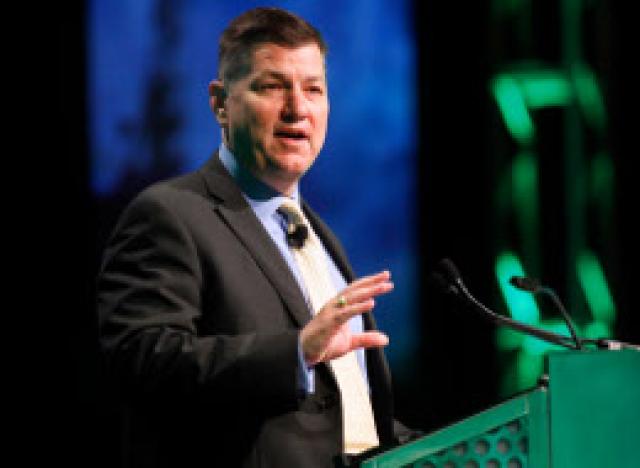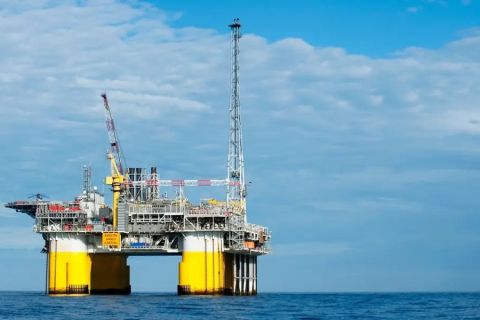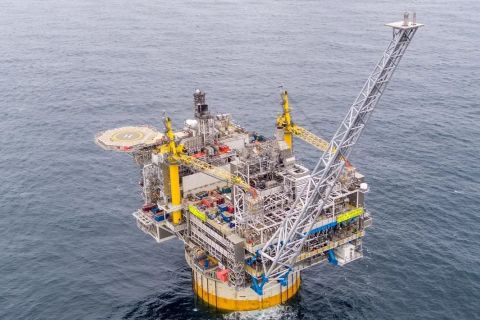
Despite the Eagle Ford being the hottest shale play in North America, Marathon Oil Corp.’s Dave Roberts thinks that his company and the industry in general are currently mired “in the middle of the intersection.”
In other words, Roberts, the executive vice president and chief operating officer of Houston-based Marathon, is thrilled by the production numbers that have come out of the Eagle Ford so far. Yet, he emphasizes that the play’s future will be dictated by how the industry “builds trust and earns the respect of its neighbors.
“We must be mindful of the impact we are having, both positive and negative,” said Roberts, who kicked off Hart Energy’s DUG Eagle Ford Conference in San Antonio on Oct. 15.
“There’s an energy-supply revolution going on in this country, and the Eagle Ford is front and center,” he said. “And there is no doubt that the Eagle Ford has been the major catalyst for the surging economy in this part of Texas.
“But still, make no mistake. This is a critical time for (the industry.) We must embrace solutions to the problems we are having. We must continue to work with state and local governments to address issues such as traffic, road safety and housing.”
While embracing general safety “is part of being a good neighbor,” Roberts said that the overall impact of Eagle Ford drilling and production is too tremendous to ignore.
Roberts pointed to a University of Texas at San Antonio report that tracked the potential job-creating impact of the Eagle Ford. By the end of the decade, according to the report, the Eagle Ford will be the creator of 120,000 jobs.
Thousands of jobs have been filled, and many more will come in future years because companies such as Marathon are banking on the Eagle Ford.
“Do a Google search for Eagle Ford, and you’ll find articles about massive investment in the area,” Roberts said.
A Google search reveals Marathon’s presence in the South Texas play. About a year ago, Marathon purchased Hilcorp Energy Co.’s Eagle Ford assets. All of a sudden, Marathon joined the list of major players in the shale, coming in as the fifth-largest acreage-holder.
“This year at Marathon, we’re celebrating our 125th year as a company, but it’s also our first anniversary of being an independent E&P company,” Roberts said.
With Marathon’s decision to venture into the upstream, it is clear that the influence of the Eagle Ford had a major role in that decision.
With the Hilcorp acquisition, Marathon now has 200,000 net acres in the Eagle Ford, Roberts said.
Roberts offered some takeaways regarding Marathon’s Eagle Ford presence:
- Rig count will decline this year, but “we expected to meet all of our targets with fewer rigs,” he said.
- The company is optimistic that it can produce 120,000 barrels per day by 2015 or 2016.
- The company is committed to avoiding the use of fresh water in the hydraulic fracturing process, he said. Instead, non-drinkable brackish water will be used.
- Marathon is building midstream infrastructure within the Eagle Ford. “This will help remove large tanker trucks from the highways,” he said.
- Roberts said he does not dispute the idea of having regulations, but he said those should be implemented by the state, not the federal government.
In conclusion, Roberts’ bottom line regarding the Eagle Ford is quite simple: “It’s the most significant unconventional play in the world.”
Contact the author, Mike Madere, at mmadere@hartenergy.com.
Recommended Reading
2023-2025 Subsea Tieback Round-Up
2024-02-06 - Here's a look at subsea tieback projects across the globe. The first in a two-part series, this report highlights some of the subsea tiebacks scheduled to be online by 2025.
AI Poised to Break Out of its Oilfield Niche
2024-04-11 - At the AI in Oil & Gas Conference in Houston, experts talked up the benefits artificial intelligence can provide to the downstream, midstream and upstream sectors, while assuring the audience humans will still run the show.
Tech Trends: AI Increasing Data Center Demand for Energy
2024-04-16 - In this month’s Tech Trends, new technologies equipped with artificial intelligence take the forefront, as they assist with safety and seismic fault detection. Also, independent contractor Stena Drilling begins upgrades for their Evolution drillship.
Subsea Tieback Round-Up, 2026 and Beyond
2024-02-13 - The second in a two-part series, this report on subsea tiebacks looks at some of the projects around the world scheduled to come online in 2026 or later.
TGS, SLB to Conduct Engagement Phase 5 in GoM
2024-02-05 - TGS and SLB’s seventh program within the joint venture involves the acquisition of 157 Outer Continental Shelf blocks.





